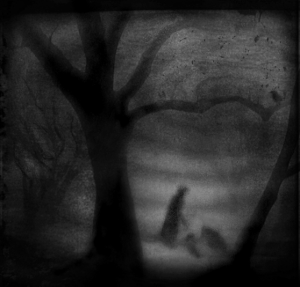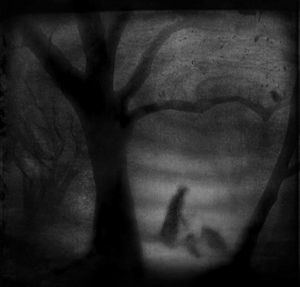The American holiday of Thanksgiving kicks off a season where a spirit of gratitude pervades society. From the media to faith communities, the notion of thankfulness abounds.
I’ve always found it problematic that the value of gratitude is so closely tied to an American myth of cooperation that was really about genocide. Most school children are taught that Pilgrims, an English Puritan sect of Calvinism escaping religious persecution, were welcomed to the northeastern coast of what is now the United States of America by the local Native Americans – the Wampanoags. The Wampanoags helped the Pilgrims survive their first winter, teaching them how to live off the land. During the next year, the Puritans shared their first harvest with the Wampanoags.
This part of the story is shared by both the wider American public and the Wampanoags. The difference comes in interpretation. This sharing of food and resources represented a friendship of exchange. It signals gratitude and the value of breaking bread together. But I see this was a landmark event that revealed the differences between how Europeans and most Native Americans understand land (is land owned or shared?). It was also a symbolic beginning of the genocide of Native Americans under the rubric of manifest destiny, fueled by an appropriation of the Hebrew Bible’s exodus narrative of expansion (and conquer) into the land of milk and honey that God promised. It also exhibits a centuries-old global trend where a newly-freed oppressed people go on to oppress another community.
Every liberationist and Cherokee bone in my body resists being thankful for this. The religious scholar in me wants to have long conversations about the interpretation of text, power and “divinely-sanctioned” colonialism.
I do, however, understand that this story is used as a launching pad for emphasizing gratitude. For some people, that involves large meals with family and noting the past year’s highlights. Other people make a list of their blessings. In my black church tradition, we go to church and have a testimony service when anyone in the congregation can stand and share how God has blessed him or her in the last year. It often begins this way: “Giving honor and glory to God who is the head of my life, I just want to thank God for . . .”
As a person who lives with depression, I find Thanksgiving to be a particularly difficult time. I know many people experience depressions during these times because they miss family members who have passed on. Other people struggle with the waning sun and short and dark days of the season. That’s not my challenge. The challenge for me has always been the expression of gratitude.
When I’m in a depression, I don’t exude joy. I don’t know that I exude anything. I’m lucky if I can feel anything but bad. As winter approaches, I have to work hard to avoid the numbness that depressions can bring.
For me, gratitude, is an intellectual knowledge, but it is not a feeling. That is, I can be thankful without seeming thankful. I may even appear mopey. This does not impede my ability to know that there is good in the world, and good in my life. It just doesn’t translate to my face, tones or movements.
It seems as if I’m not grateful at all, when the opposite is true. People who live with depressive conditions live closer to death and dismay than most people outside our internal thoughts could ever know. It’s not a daily threat most of the time, but it is a reality, and for many of us, it’s recurrent. For this reason, we are deeply grateful that the next day has come and we can start over again. We are thankful that we lived through the last bout. We appreciate that we have outlasted this thing within and outside of us that sometime threatens our very existence. At least, this is the case for me and some of my friends.
There is one religious writer who expresses this extraordinarily well. He survived the Jewish Holocaust or Shoah. He was sent to Nazi German concentration camps and made it out. He saw friends and family killed, including a particularly challenging time witnessing his father’s murder. As he becomes increasingly disillusioned with humanity and God, Elie Wiesel pens these words in his book, Night:
“No one is as capable of gratitude as one who has emerged from the kingdom of night.”
It’s not the “kingdom of night” that engenders thanks. It’s the emergence. Sometimes depressions obscure the possibility of emergence. Depression can twist my mind and emotions so that all I can feel is the “kingdom of night.” But I know that I’ve emerged before, and it can happen again.
I believe that God doesn’t care if I exude, bow, stand or share my thanks with anyone. God knows how much energy it takes to stay in the flow of life – working, cooking, gathering, eating and cleaning. And, in my faith, it’s God who facilitates whatever emergence that happens. Even when I can’t feel that, I believe it in the core of who I am. And for that, I am most thankful.






Thanksgiving is also a really hard holiday for those with eating disorders. Besides the problems with Thanksgiving that you mentioned, I have problems with a nation making a holiday that seems (to me and to many who have eating disorders) to be only about eating as much food as possible when so many in this world do not have enough to eat on a daily basis.